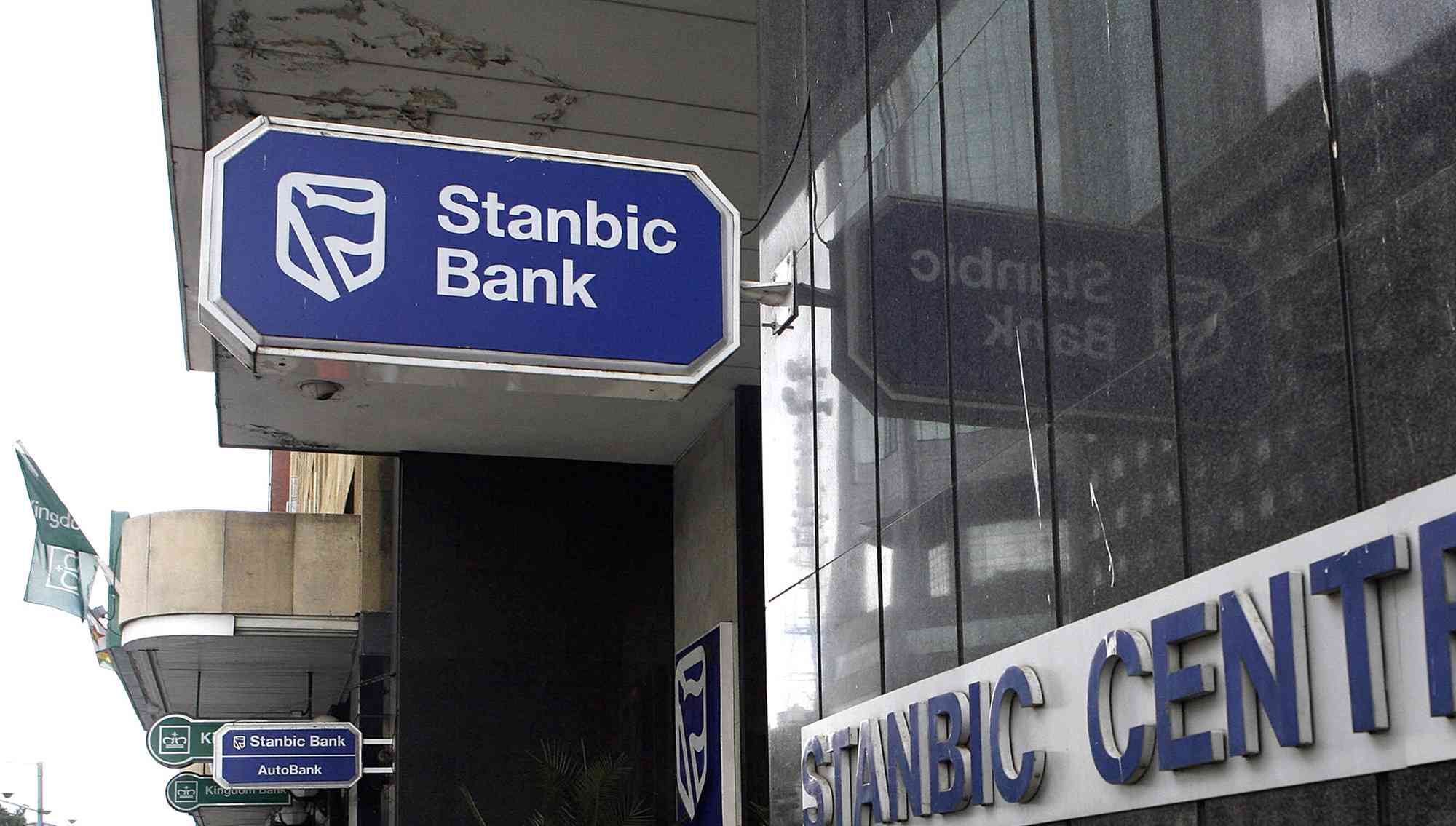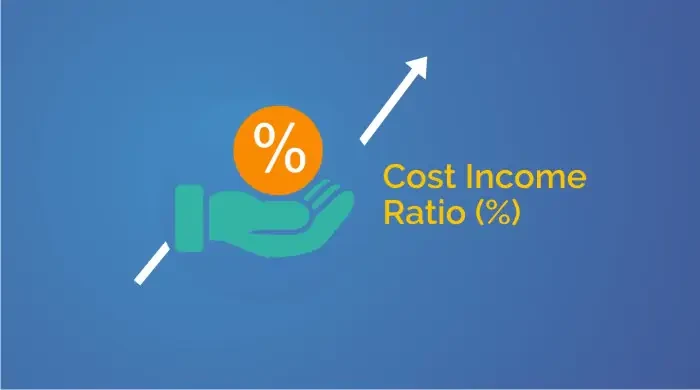
Eurozone finance ministers postponed a final decision on extending €12 billion in emergency loans to Greece, saying Athens would first have to introduce harsh austerity measures.
The ministers said they expected the money, the next tranche in a €110 billion bailout of Greece by the European Union and the International Monetary Fund, to be paid by mid-July.
Greece has said it needs the loans by then to avoid defaulting on its debt.
But keeping up their pressure on Athens, where public opposition to austerity has been growing, the ministers insisted that disbursement would depend on the Greek parliament first passing laws on fiscal reforms and selling off state assets.
“To move to the payment of the next tranche, we need to be sure that the Greek parliament will approve the confidence vote and support the programme, so the decision will be taken at the start of the month of July,” said Belgian Finance minister Didier Reynders.
The euro fell moderately against the dollar in early Asian trade yesterday because of the delay.
In a statement issued after a seven-hour meeting in Luxembourg that ended in the early hours of yesterday morning, the ministers also announced they would put together a second bailout of Greece, which missed debt targets in the first rescue plan by big margins.
The new plan, to be outlined by early July, will include more official loans and, for the first time, a contribution by private investors, who will be expected to maintain their exposure to Greece through voluntary purchases of new bonds as existing ones mature.
- Chamisa under fire over US$120K donation
- Mavhunga puts DeMbare into Chibuku quarterfinals
- Pension funds bet on Cabora Bassa oilfields
- Councils defy govt fire tender directive
Keep Reading
The statement did not say how large the new bailout would be, or give details of the private sector contribution beyond describing it as “substantial.”
Eurozone official sources have told Reuters the new plan is expected to fund Greece into late 2014 and totals about €120 billion: up to €60 billion of fresh official loans, €30 billion from the private sector and €30 billion from Greek privatisation proceeds.
In an attempt to win the cooperation of the European Central Bank, which opposes any scheme that would cause credit rating agencies to declare Greece in default, the ministers said the private sector debt rollover would avoid even a limited or “selective” default. They did not say how this would be managed.
Underlining the extent to which the Greek crisis has become a threat to global stability, Japanese Finance minister Yoshihiko Noda said top finance officials of the Group of Seven, which includes the United States, Japan and Canada as well as major European nations, held a teleconference over the weekend to discuss Greece.











